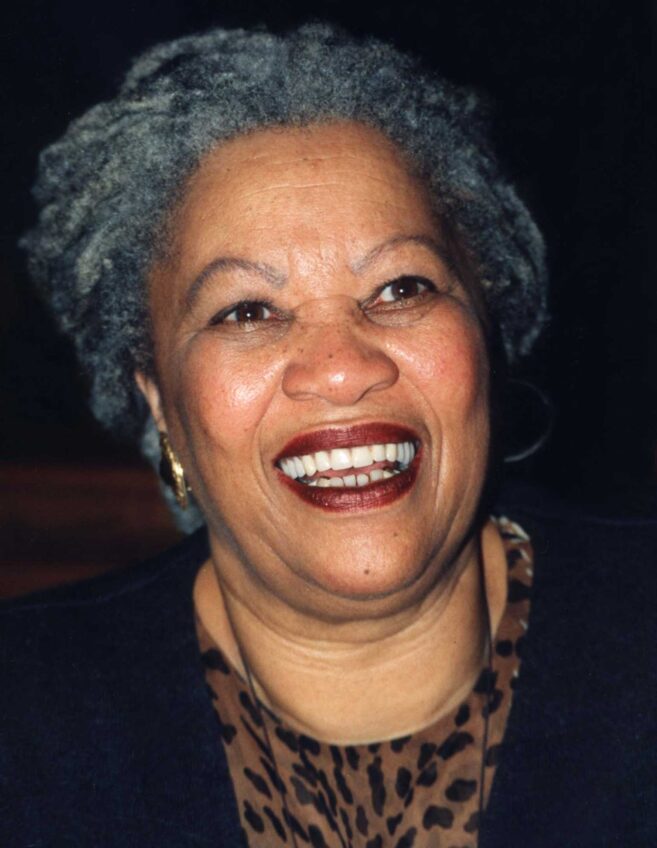During the month of June, designated Elder Abuse Awareness Month, Central Boston Elder Services, a state-designated Aging Services Access Point (ASAP) and the city’s official Adult Protective Services Program, reported over 200 incidents of elder abuse. Many incidents, no doubt, have been exacerbated by the stress factors caused by the coronavirus pandemic.
Central Boston Elder Services, Ethos and Boston Senior Home Care are part of the statewide Aging Services Access Points network, represented by Mass Home Care, that provides services to 60,000 older adults to help them remain safely and independently in our communities. A recent poll by AARP found that more than 90% of older adults age 65 and over choose to stay in their homes.
The necessity of supporting and expanding resources for seniors to age in place has never been greater. ASAPs specialize in providing in-home services such as personal care, laundry, meal preparation, grocery shopping and companionship. In addition, ASAPs provide the following direct and protective services: information and referral, interdisciplinary case management, and investigations of abuse and neglect of elders.
Statistics show that adults age 60 and over are at the greatest risk of dying from the coronavirus. And if they have underlying health conditions, as many do, particularly our black and brown seniors, the risks are compounded by a host of other contributors caused by the virus, among them increased food insecurity, mental health challenges and self-isolation. Older adults are frightened, and rightly so. Even as the pandemic for most of the population has declined, they still feel endangered. Many are even reluctant to leave their homes for appointments for medical services disrupted by the virus. They worry constantly about a second and more deadly wave of the virus. The grim statistics have shown that older adults are at risk whether they reside in nursing homes, assisted living communities or veterans’ homes.
We must do more to care for and protect our elders no matter where they live.
ASAP programs have proven to be cost-effective, providing important resources and lifelines to our elders in the comfort and safety of their homes during a pandemic that disproportionately impacts our most vulnerable. The city and state would be wise to invest more funding for this program.
Michael A. Vance is CEO of Central Boston Elder Services; Valerie Frias is CEO of Ethos; Meg Hogan is CEO Boston Senior Home Care and Lisa Gurgone is executive director Mass. Home Care.






